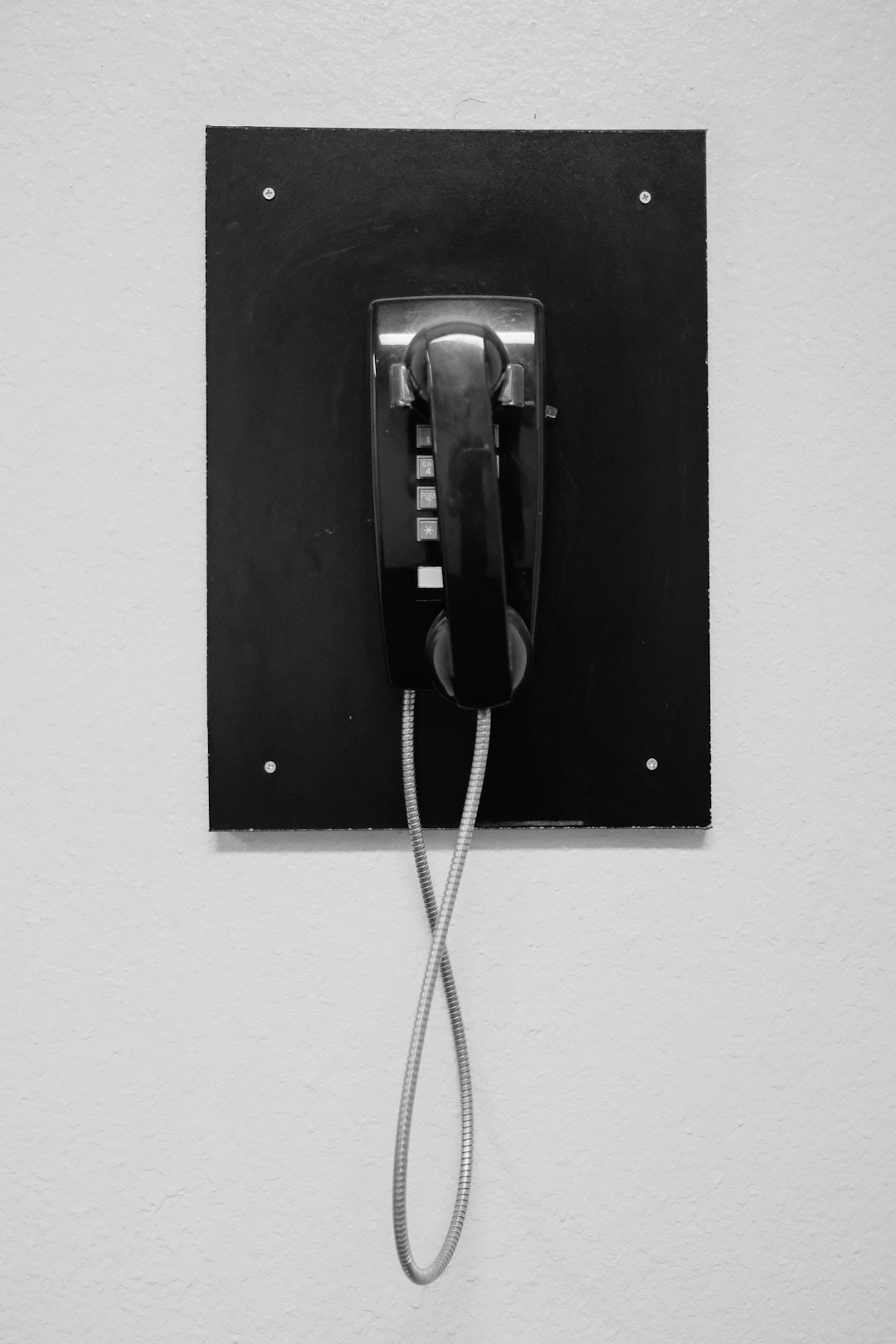Floridians facing debt collector harassment have legal rights protected by state statutes. A lawyer specializing in Florida's debt collection laws can help assert these rights, especially against violations of validation and communication rules. Legal action is available for severe or repeated violations, including emotional distress damages and penalties. The initial steps involve case review, analyzing communication records, and developing a strategy like cease-and-desist letters or legal actions. Regular communication ensures informed decision-making to protect your rights.
In Florida, understanding your rights against debt collectors is crucial. Many consumers find themselves overwhelmed by aggressive collection tactics, but legal actions against these firms are available. This article guides you through navigating your options in Florida, starting with recognizing abusive practices and understanding your protections under the law. We also explain when to hire a lawyer for a debt collector lawsuit, outlining key steps after engaging legal counsel. Empower yourself with knowledge—know your rights and how to defend them.
Understanding Your Rights Against Debt Collectors in Florida

In Florida, individuals have specific rights when dealing with debt collectors. It’s crucial to understand these rights, especially if you’re facing harassment or unfair practices from a debt collection agency. According to the Florida Statutes, debt collectors must adhere to strict guidelines, including providing validation of the debt and ceasing communication if you request it in writing. If a debt collector violates these rules, you have the right to take legal action against them. Hiring a lawyer for a debt collector in Florida can be beneficial; they can guide you through your rights and options, ensuring that collection efforts are conducted fairly and in accordance with state laws.
Knowing when to assert your rights is essential. If you believe a debt collector has engaged in abusive or illegal practices, such as making false statements or using intimidating language, you may have grounds for a lawsuit. A lawyer can help you navigate these complex issues and protect your interests by filing a complaint or negotiating a settlement on your behalf. Understanding these legal protections empowers individuals to stand up for their rights and resolve debt-related issues effectively.
When to Hire a Lawyer for Debt Collector Lawsuit in FL

If you’re facing harassment, unfair practices, or illegal actions from a Florida debt collector, it’s crucial to consider hiring a lawyer for a debt collector lawsuit. Understanding your rights under Florida law is essential, as many collectors often abuse their power and neglect consumer protection regulations. A legal professional specializing in debt collection lawsuits can guide you through the complex legal system, ensuring your rights are protected.
Hiring a lawyer becomes even more pertinent when the debt collection agency has engaged in severe or repeated violations of Florida’s Fair Debt Collection Practices Act (FDCPAA). This act outlines strict rules for debt collectors, including restrictions on communication methods, frequency of contact, and the type of language they can use. When these rights are violated, a lawyer can help you file a lawsuit to seek compensation for damages, which may include emotional distress, legal fees, and statutory penalties against the collector.
Navigating Legal Actions: Steps After Engaging a Lawyer

After engaging a lawyer for debt collector laws in Florida, the first steps involve reviewing your case and understanding the legal options available. Your attorney will thoroughly examine the communication records between you and the debt collectors to ensure compliance with state and federal debt collection regulations. They’ll assess if any violations have occurred, such as using abusive or false statements, making harassing calls, or failing to verify the debt.
Next, your lawyer will formulate a strategy tailored to your situation. This might include sending cease-and-desist letters to stop unauthorized practices, negotiating with the debt collectors on your behalf for a fair resolution, or filing legal actions if violations are severe and persistent. Regular communication and updates from your attorney will be crucial as you navigate this process, ensuring you remain informed about every step taken to protect your rights.






